MRC Doctoral Training Partnership in Biomedical Sciences - Programme in Biomedical & Translational Science
MRC Doctoral Training Partnership in Biomedical Sciences MRes & PhD Programme.
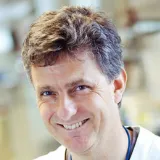
Senior Vice Dean for Academic Strategy & Partnerships
Michael Malim received his DPhil in Biochemistry from Oxford University in 1987, and then moved to Duke University to train as a virologist, where he worked on HIV-1. He joined the faculty at the University of Pennsylvania in 1992, and returned to his native UK in 2001 to establish the Department of Infectious Diseases at King's College London. He is currently Professor of Infectious Diseases and Senior Vice Dean for Academic Strategy & Partnerships in the Faculty of Life Sciences & Medicine at King’s.
His laboratory studies the processes, factors and mechanisms that regulate the replication of pandemic human viruses, including HIV-1, influenza A virus and SARS-CoV-2. In recent years, his group has focused on innate and intrinsic immunity, and were the first to describe the anti-viral properties of APOBEC3 proteins, MX2 and NCOA7. Broader objectives of his work include highlighting potential strategies for viral control or eradication, as well as understanding the fundamental principles of animal and cell biology.
He has served on numerous advisory boards and grant & fellowship review panels in the US and Europe, is Editor-in-Chief for the Open Access journal PLOS Pathogens, and was recently Vice President (non-clinical) of the Academy of Medical Sciences. In 2021, he was awarded Officier dans l’Ordre des Palmes académiques (République Française).
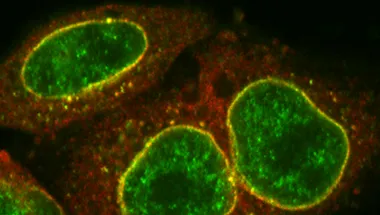
The Malim lab is part of the Department of Infectious Diseases
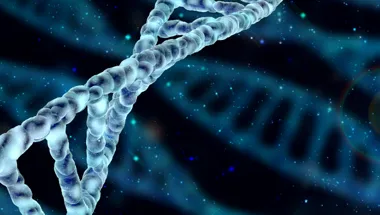
RNA is at the forefront of biomedical research for its central role in how information is transferred from DNA to protein. This Research Interest Group is open to all interested parties from across the University.

The CDDU ethos is to harmonise all methods used within the labs for the processing of clinical samples.
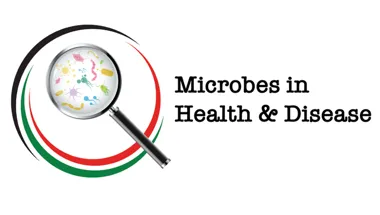
The Microbes in Health & Diseases Research Interest Group aims to foster collaboration across departments and faculties at KCL to explore the multifaceted role microbes play in health and disease.

RNA, RNA biology, PhD programme, King’s College London, gene expression, RNA structure and function, RNA networks, RNA medicine, mRNA vaccine, RNA therapeutic

CCIR, a cross-faculty centre for academic excellence, focusses on critical illness.CCIR brings together interdisciplinary academics and clinicians to translate early scientific breakthroughs into effective prevention, diagnosis, and treatment strategies for critical illness and to enable healthy critical illness survivorship for children and adults.
King’s College London researchers have created a unique collection of human stem cell models which could help to uncover why HIV leads to different outcomes...

The researchers examined antibodies from people who had recovered from COVID-19 in multiple countries.
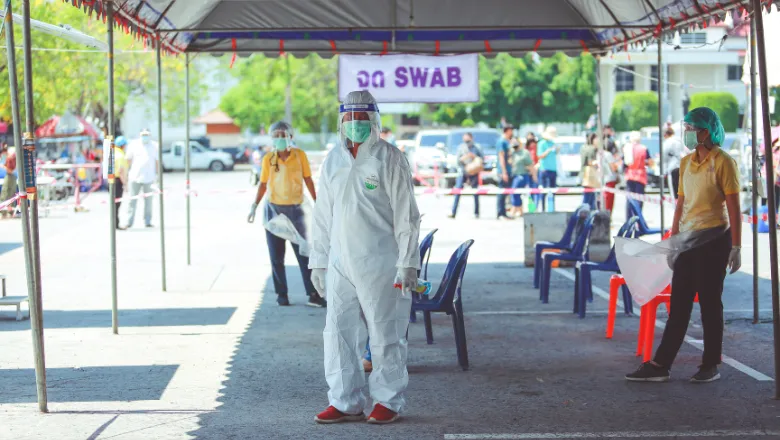
The funding will be used to train the next generation of academic, healthcare, and industrial biomedical PhD researchers.

A new national research project to study the effects of emerging mutations in SARS-CoV-2 will be launched with £2.5 million of funding from UK Research and...
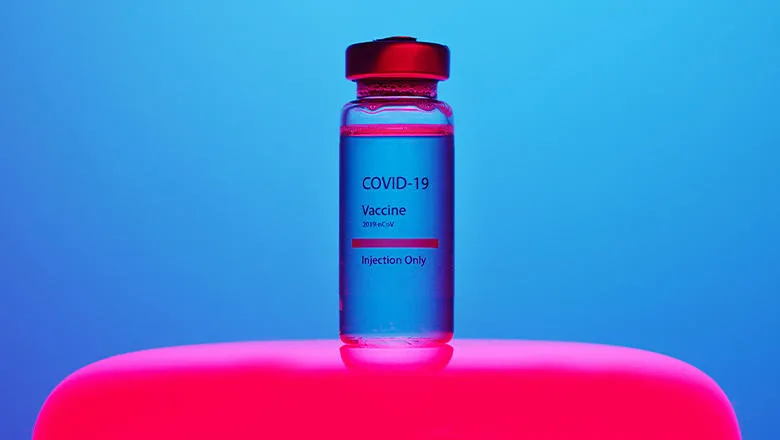
A team led by Professor Michael Malim from the School of Immunology & Microbial Sciences has received £1m funding for research into COVID-19.
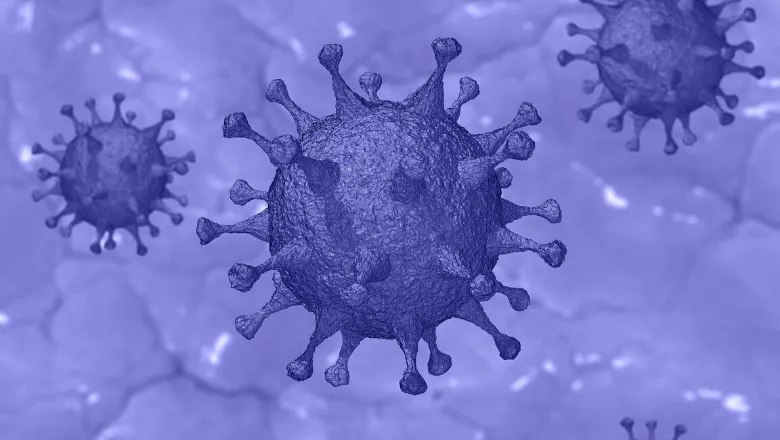

This short session will provide insights and tips on how to put together a competitive fellowship application.
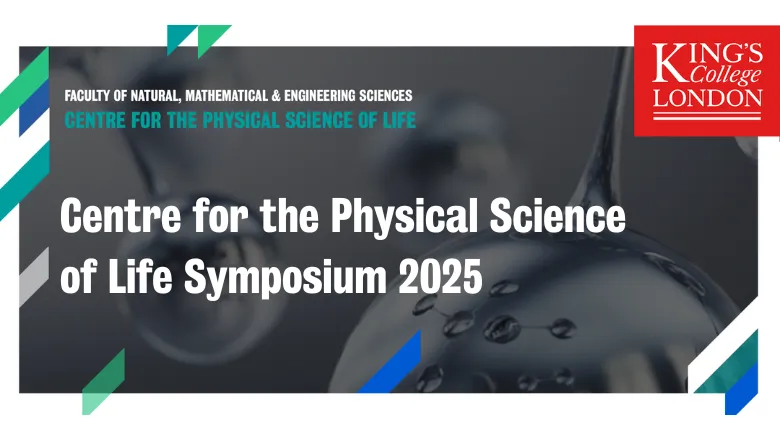
Please join us in-person for the Centre for the Physical Science of Life Symposium at King’s College London.
Please note: this event has passed.

A special seminar with Dr Nuno Miguel Oliveira, BBSRC Discovery Fellow in Zoology at the University of Cambridge
Please note: this event has passed.

A special seminar with Professor Melanie Bailey, Professor of Analytical Science at the University of Surrey
Please note: this event has passed.

The Malim lab is part of the Department of Infectious Diseases

RNA is at the forefront of biomedical research for its central role in how information is transferred from DNA to protein. This Research Interest Group is open to all interested parties from across the University.

The CDDU ethos is to harmonise all methods used within the labs for the processing of clinical samples.

The Microbes in Health & Diseases Research Interest Group aims to foster collaboration across departments and faculties at KCL to explore the multifaceted role microbes play in health and disease.

RNA, RNA biology, PhD programme, King’s College London, gene expression, RNA structure and function, RNA networks, RNA medicine, mRNA vaccine, RNA therapeutic

CCIR, a cross-faculty centre for academic excellence, focusses on critical illness.CCIR brings together interdisciplinary academics and clinicians to translate early scientific breakthroughs into effective prevention, diagnosis, and treatment strategies for critical illness and to enable healthy critical illness survivorship for children and adults.
King’s College London researchers have created a unique collection of human stem cell models which could help to uncover why HIV leads to different outcomes...

The researchers examined antibodies from people who had recovered from COVID-19 in multiple countries.

The funding will be used to train the next generation of academic, healthcare, and industrial biomedical PhD researchers.

A new national research project to study the effects of emerging mutations in SARS-CoV-2 will be launched with £2.5 million of funding from UK Research and...

A team led by Professor Michael Malim from the School of Immunology & Microbial Sciences has received £1m funding for research into COVID-19.


This short session will provide insights and tips on how to put together a competitive fellowship application.

Please join us in-person for the Centre for the Physical Science of Life Symposium at King’s College London.
Please note: this event has passed.

A special seminar with Dr Nuno Miguel Oliveira, BBSRC Discovery Fellow in Zoology at the University of Cambridge
Please note: this event has passed.

A special seminar with Professor Melanie Bailey, Professor of Analytical Science at the University of Surrey
Please note: this event has passed.